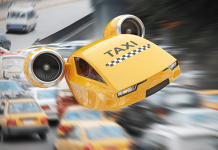Dubai expo reveals how nervousness, threatening body language can be caught by AI cameras
Dubai: Next generation surveillance cameras will detect suspicious behaviour, nervous expressions and threatening body language, apart from recognising faces even in disguise, experts said at the Intersec security and safety expo in Dubai on Sunday.
Some of these systems are under development or testing in the UAE, industry experts said, declining to name their clients due to confidentiality and security reasons.
Machine logic
Powered by constantly upgrading Artificial Intelligence (AI), the latest technology uses “computer neural network-based logic”, said Bhushan Kate, Regional Director-MEA, Vision Labs. He explained that the “old” way of cameras recognising faces was based on simpler tech, like measuring the geometry of the face, the angles and distances between facial features.
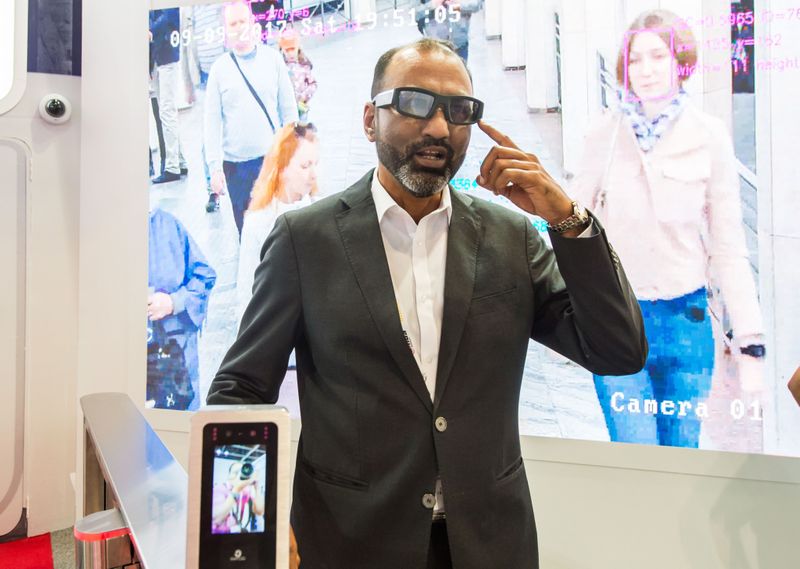
Today, thousands of points on the face are mapped and matched with potential suspects or persons of interest, even if they are wearing a partial mask, sunglasses, grown a full beard or made other changes to their appearance, Kate said.
Eye for observation
The Netherlands-based Vision Labs, Kate added, also provides facial recognition tech embedded in sunglasses. He said law enforcement agents, uniformed or undercover, can wear the glasses and simply look at people – if a match is found, it appears as a superimposed image on the lens, which only the agent can see.
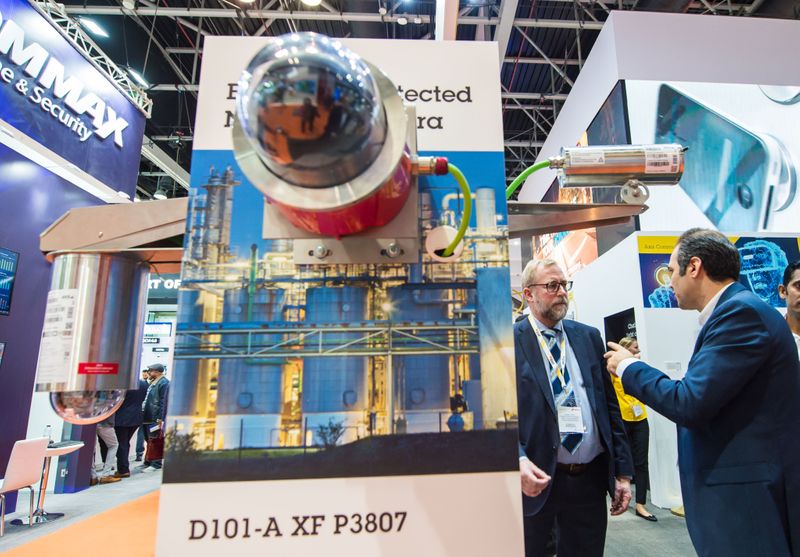
Suspicious behaviour
Upcoming AI cameras will also study body language, such as a suspect holding a gun or loitering in a sensitive area, said Ijaz Anwer, General Manager, Axon, a provider of integrated security systems. “The camera will send an alert if it observes suspicious movements, gestures or activities. Some governments have started using it in the development stage,” Anwer said.
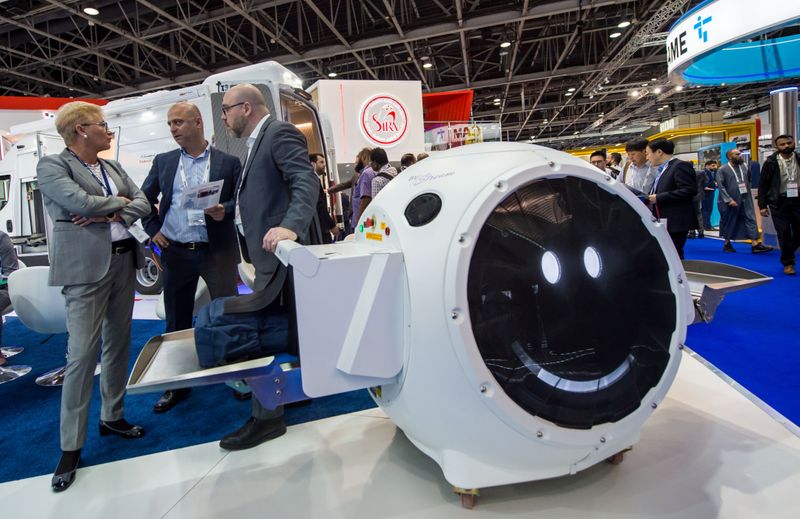
Video search
He also mentioned an advanced video search system that scans for possible matches to a tip-off. “Say someone approaches the police saying they saw a man in his 40s wearing sun glasses and carrying a green bag who looked or acted suspicious in the mall. The camera will, it in its field of view, look for anyone and everyone matching that description and alert authorities, who may decide to take a further look or some action,” Anwer said.
Dangerous drivers
Flagging up irresponsible behaviour is also in the crosshairs of futuristic machine eyes.
“The new buzz in AI is studying behaviour. In traffic and road safety, we are on the path to try and achieve recognition of behaviour that doesn’t follow a pattern,” said S.A. Afridi, Director-Sales, SSK Technologies, which is based in the UAE.
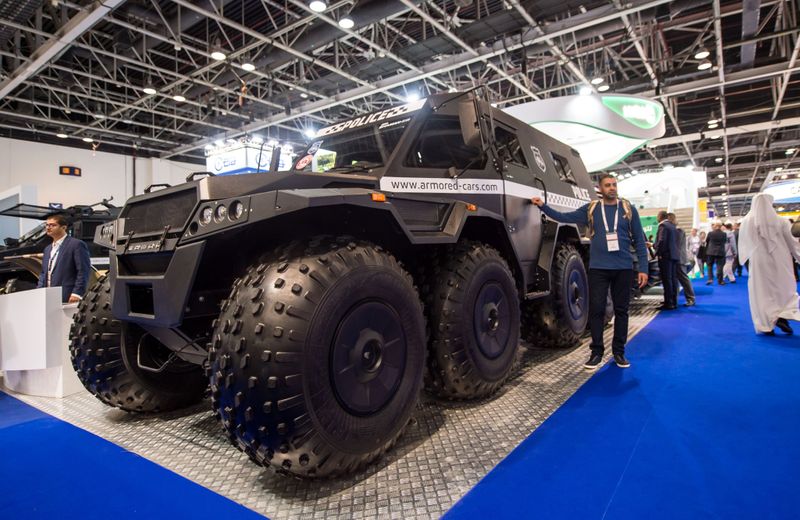
Afridi explained: “For example, it is easy to detect a pattern – a car swerving between lanes regularly. But how do you track and flag up a driver who is distracted, even if he or she is driving in a straight line, because of using the mobile phone? Right now, we need human intervention for this.”
Greater good?
But will such tech mean the end of privacy?
“There is GDPR [General Data Protection Regulation] and similar laws in place in countries, that say there is a right to privacy while you take the data, be it human or vehicle-related. However, when you look into the issue deeply, you can’t protect society as a whole without sacrificing privacy to some extent. This is required in the bigger picture of security and protection. Out of 100 people, there is one bad guy, but you have to catch that bad guy,” Afridi said.
Intersec is being held at Dubai World Trade Centre from Sunday to Tuesday, featuring over 1,300 local and international exhibitors in security, safety and fire protection. Divided into seven main sections, the event also features talks and demos by industry specialists. Last year, almost 35,000 people visited the trade fair.



